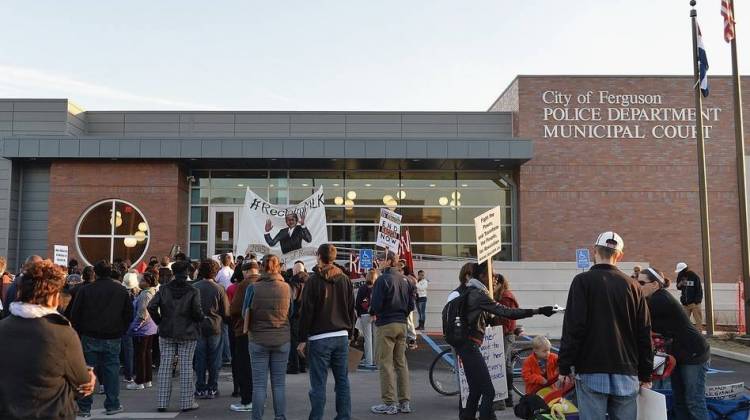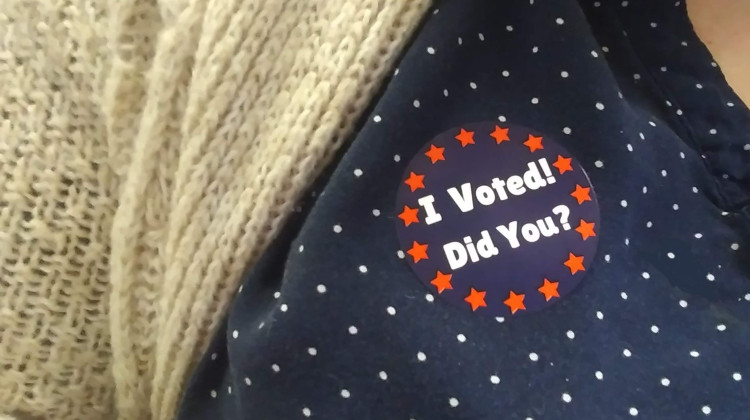It's likely to surprise no one that cops and court officials in Ferguson have sent some racist emails to each other in the past. The Justice Department's investigation into the Ferguson, Mo. police department features a few of these gems.
The senders aren't identified by name, but the DOJ says commanders, cops, and court officials were all involved. None of the people who sent the emails appear to have been disciplined in any way; in fact, the emails were forwarded along to others.
Below are seven emails that the Department of Justice uncovered — they found more, but only published the ones below.
- A November 2008 email stated that President Barack Obama would not be President for very long because "what black man holds a steady job for four years."
-
A March 2010 email mocked African-Americans through speech and familial stereotypes, using a story involving child support. One line from the email read: "I be so glad that dis be my last child support payment! Month after month, year after year, all dose payments!"
-
An April 2011 email depicted President Barack Obama as a chimpanzee.
-
A May 2011 email stated: "An African-American woman in New Orleans was admitted into the hospital for a pregnancy termination. Two weeks later she received a check for $5,000. She phoned the hospital to ask who it was from. The hospital said, 'Crimestoppers.'"
-
A June 2011 email described a man seeking to obtain "welfare" for his dogs because they are "mixed in color, unemployed, lazy, can't speak English and have no frigging clue who their Daddies are."
-
An October 2011 email included a photo of a bare-chested group of dancing women, apparently in Africa, with the caption, "Michelle Obama's High School Reunion."
- A December 2011 email included jokes that are based on offensive stereotypes about Muslims
9(MDEwMDc1MzM3MDEzNDczOTA0MDc1MzViMQ001))
 DONATE
DONATE








 View More Programs
View More Programs



 Support WFYI. We can't do it without you.
Support WFYI. We can't do it without you.